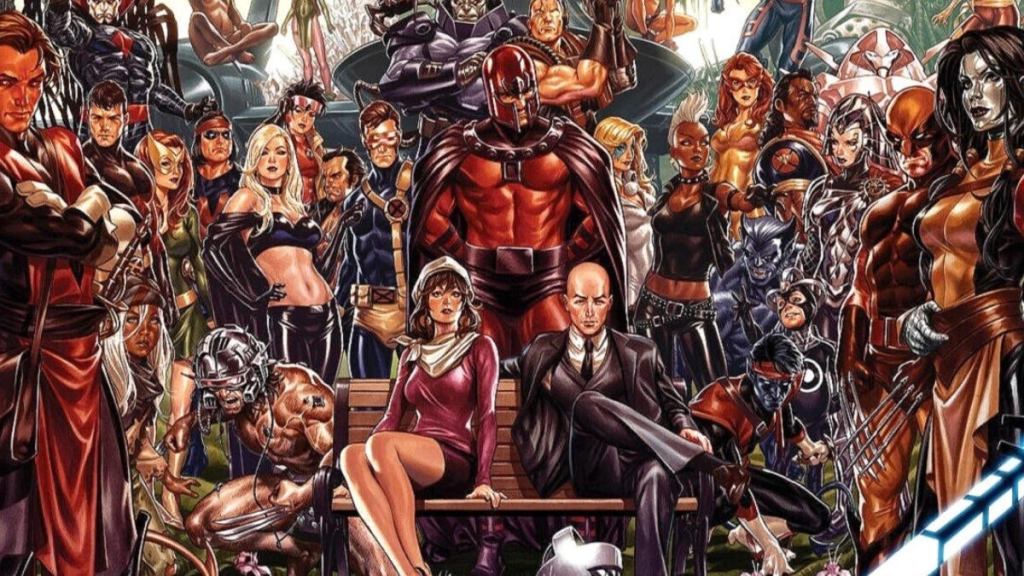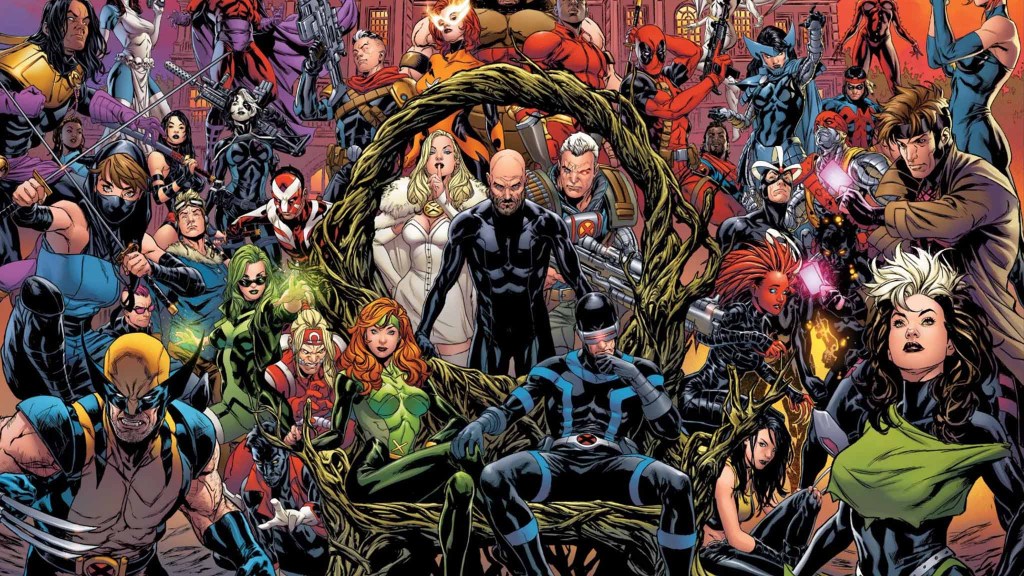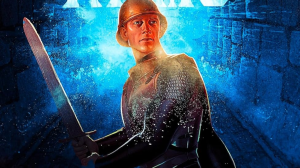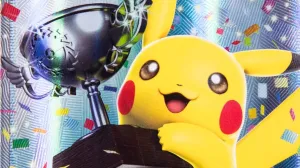Stan Lee and Jack Kirby created the X-Men and the concept of mutants in 1963 to be an allegory for, and comment on, discrimination against marginalized individuals. As X-Men #1was published during the Civil Rights Era, these issues were especially poignant. Since their beginning, the X-Men and other mutants have been shunned by the rest of society for their differences. This scathing examination of oppression in the X-Men comics was relevant for decades. However, the “Krakoan Age” which began in 2019, created profound cracks in the fundamental idea of the X-Men that mutants are good stand-ins for marginalized groups. The five years of the “Krakoan Age” was defined by the X-Men founding the mutant-only nation of Krakoa. Because of the inherent power and superiority of mutants, Krakoa became a world superpower in just a matter of days. With the creation of this nation for exclusively superior beings and the bold exercise of its power, the X-Men were no longer seeking equality with humans; they were proclaiming that they were their superiors.
Videos by ComicBook.com
Beginning with House of Xand Powers of X, and culminating in the Fall of X, the ersatz utopian nation of Krakoa has serious elitist undertones. Where once mutants could be seen as the underdog’s representative of real-world minority groups, in Krakoa they are the ones oppressing others.
Krakoa Preaches Mutant Superiority

From the very beginning, there were concerns about the establishment of Krakoa and its mutant elitist policies. After decades of mistreatment, Professor X and the rest of the X-Men had had enough of humanity’s bigotry. Where once Professor X preached the virtues of peaceful coexistence, he began to advocate for separatism. This represented a capitulation to the position that Magneto had always advocated, and which was a primary source of the conflict between Professor X and his X-Men and Magneto and his minions.
Upon the creation of Krakoa, almost every mutant on the planet relocated to the island for their safety. However, the government of Krakoa was not content with representing only those who had relocated to the island. It declared that all mutants everywhere are, by reason of their genetics alone, superior and citizens of Krakoa who are entitled to diplomatic immunity. A consequence of this doctrine appears in the murder trial of the vicious killer Sabertooth in the United States. After he was arrested, Emma Frost, acting on behalf of Krakoa, barged into the middle of the trial and demanded the release of Sabretooth, proclaiming his immunity and the natural superiority of mutants over humanity. She threatened to kill everyone in the courtroom if Krakoa’s demands for Sabretooth’s release were not met. Thus, by reason of its doctrine, Krakoa determined that it had the unilateral right to interfere with a foreign court system and to free a murderer, on the grounds that he and, by extension, all other mutants, are above human laws due to their genetic superiority.
The situation in Krakoa itself isn’t any better. Only mutants are permitted to enter the country freely. Ordinary people are either banned or need sponsorship by a mutant — and even then, are the target of intense questioning by Krakoan authorities. These isolationist and discriminatory immigration policies make Krakoa appear less a sanctuary for an oppressed minority than an apartheid concentration of power based on genetic superiority. Magneto even proclaims to a group of human world leaders that they “have new gods now.” And, based on the demonstrated abilities of Krakoan mutants, there may be some truth to what Magneto says. The mutants of Krakoa instantly can create life-saving medicines, terraform Mars, and even resurrect the dead.
It is worth noting that Krakoa is acknowledged to be a morally dubious dystopia. Even Professor X admits that he made a mistake in creating an isolationist mutant nation. Moreover, Krakoa’s isolationism and its elitist embrace of the idea of mutant superiority only worsened over time. The first law of Krakoa became to “make more mutants” by encouraging mutants to have more children. Anyone who objected to this law was quickly thrown into The Pit of Exiles, a hellish prison from which there was no escape. While the leaders of Krakoa claim that the law is to “replenish the mutant population,” it obviously has an unsettling parallel to government-enforced reproduction programs to produce children with genetic superiority. In trying to create a utopia, Professor X made an elitist mutant dictatorship.
The Problem With “Homo Superior” and the Oppressed-Minority Narattive of the X-Men

The establishment of Krakoa as an elitist and discriminatory nation alters the original X-Men narrative and their popular image as an oppressed minority deserving of our sympathy and concern. When they first appeared in Marvel Comics as mutants born with differences from normative humans, the X-Men were treated as “other” in human society and, for decades, were victims of violent attacks by bigoted humans who feared what they didn’t understand. However, when the mutants are given a chance to create their own nation where they could achieve equality, they instead exploit the opportunity and create a nation that actively threatens other nations and oppresses those different from them in the same way that human society had oppressed them. When you have a country that can become a world power in a matter of days, resurrect the dead, and uses their enormous power to go attack other nations and go after people who are different from them, then they can no longer also represent an oppressed group. If anything, the way the Krakoa story unfolded, ordinary humans became the victimized group. They were pushed around, threatened, underrepresented, judged on sight, and seen as inherently inferior. This is especially the case with the supervillain team, the Hellfire Club, a secret society of elite mutants who control world powers behind the scenes. Mutants cannot be considered an oppressed minority when groups like that wield so much power over the planet. Often, young mutants, once they gain their abilities, whether on purpose or not, go on uncontrollable rampages and leave devastation in their wake. And as Krakoa showed, if given the chance, the X-Men will abuse their power on the rest of humanity as well as their own kind
The literal scientific name for the mutant race is “homo superior.” And while at first it was just a name used by fear-mongering humans and mutant supervillains, the name is now treated as an acceptable title within the Marvel Universe. Because that’s what mutants are treated as now: superior to humanity. You can’t claim to want equality when that is the title you embrace for your people. The X-Men have become the very thing they swore to fight against: oppressors who claim genetic superiority over vulnerable groups.
What kind of message does this alteration in the position of the X-Men send? There seem to be several. The mutants’ reaction to systemic oppression by in turn becoming oppressors when they gain power is an old, reoccurring story that those to whom evil is done, often do evil in return. Also, the mutants’ abuse of their power to turn on humanity underscores the corruption that naturally comes from power and the importance of Stan Lee’s fundamental tenet that great power comes with great responsibility. And, as we have seen, the violation of Stan’s moral touchstone by the nation of Krakoa led inevitably to dystopia and destruction.









